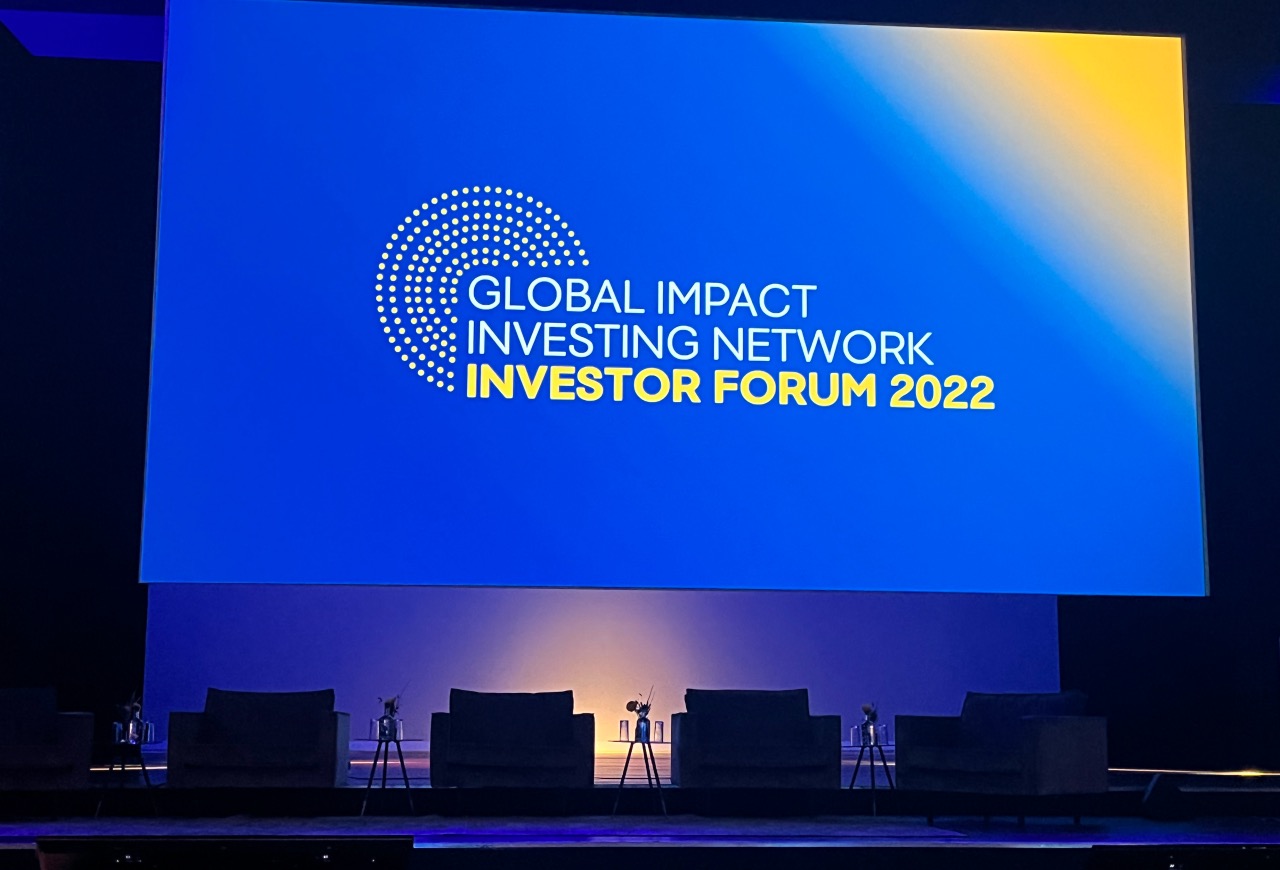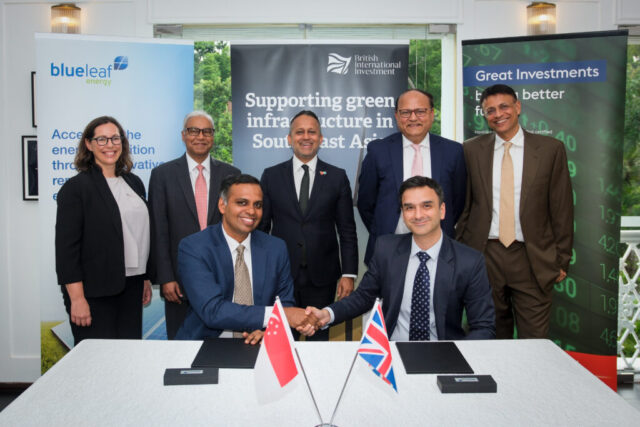As founding strategic partners, EQT Foundation, Temasek and Visa Foundation have committed $4.5 million to fund this ‘first-of-its-kind’ industry initiative

The Global Impact Investing Network (GIIN) has just announced the launch of Impact Lab, an industry initiative that will conduct research and development to create analytic tools for optimising the positive impact of investments and allocate capital more efficiently.
The initiative, presented during last week’s GIIN Investor Forum in the Hague, has received an initial funding of $4.5 milion by founding strategic partners and EQT Foundation, Temasek and Visa Foundation.
Last week’s GIIN event also saw the launch of the organisation’s latest market sizing report, showing that global assets under management in impact investments now represent an estimated $1.164 trillion (€1.2 trn).
Accordign to the GIIN, the Impact Lab will focus on enabling investors to allocate capital more efficiently towards the most effective social and environmental solutions.
Speaking to Impact Investor and other members of the press in the Hague, GIIN’s co-founder and CEO Amit Bouri said one of the reasons behind the creation of the lab was the need to drive further sophistication in the sector and become more efficient at driving capital towards the most impactful solutions.
“We think this is a first-of-its-kind initiative to really take the market to this next level of sophistication. We’re hoping that the impact lab can really push the frontiers of impact intelligence,” Bouri said, highlighting the need to become smarter about how to achieve impact, making sure that “every dollar, euro or yen that’s invested can do its best to contribute to real results for people and the planet”.
The GIIN will use its existing analytical capability and impact measurement and management (IMM) expertise as a base to develop the Impact Lab’s new analytical tools around impact performance, starting with thematic benchmarks.
Over the past decade, the GIIN has developed its impact measurement and management system, IRIS+, which is widely used across the sector. More recently, it launched its COMPASS methodology for comparing and assessing impact performance, and an impact performance benchmark focusing financial inclusion which will be extended to cover other themes, as covered by Impact Investor.
The process of building these benchmarks is leading to a more robust understanding of impact performance, Bouri said, allowing the sector to start analysing “how impact performance relates to financial performance”.
Over time, the Impact Lab will look at incubating products and solutions to answer vexing questions in impact investing, such as identifying and analysing the drivers of impact performance, to allow investors to “fine-tune their investment strategies to achieve optimal impact performance”.





